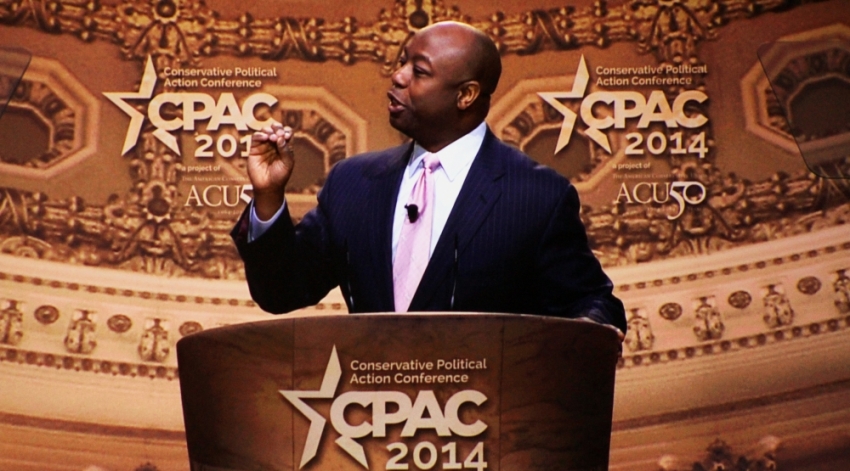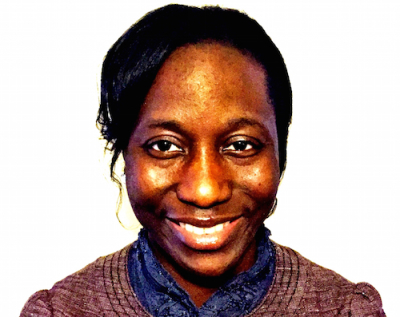Republicans, Democrats Unite on Criminal Justice Reform, But Justice Begins In The Womb

What happens when a die-hard liberal and a staunch conservative join a panel to talk about America's criminal justice system? The conversation swiftly moves beyond pleasantries and talking points, and gets incredibly real.
This was the case when, during the dog days of summer, Justice Fellowship hosted Senator Cory Booker (D-New Jersey) and Senator Tim Scott (R-South Carolina) for a timely discussion on Crime and Redemption with the goal of Seeking a Biblical View of Justice.

Senator Booker's aim that evening was to sound the alarm on the injustices embedded within the American justice system.
Booker began, "The government of this land is literally arresting 1 out of every 3 people!"
Indeed, the facts back up his claim.
He continued: "People are languishing in jail right now for the sin of poverty. We have a debtor's prison [system] in this country. Because the poor cannot [afford] to pay $300/$400 to get out, they're essentially stuck in jail."
Booker then shifted to discuss the staggering racial disparities evidenced when it comes to crime and punishment, particularly within the black community.
"It is statistically clear that certain populations in this country face a different criminal justice system than other populations," Booker explained. "We now know that there is no difference between drug use or even drug selling between blacks and whites, but blacks are four times more likely to be arrested for the use of marijuana."
"We know that blacks will get 20 percent longer sentences for committing the same crimes as whites," he stated.
Senator Scott's goal that evening was to appeal for a comprehensive approach to solutions reducing recidivism rates in our country.
Reflecting on personal visits he has made to adult and juvenile facilities, his conversations with inmates and their families have led him to believe these are the three most important issues that need to be addressed:
2 Poverty.
"While we continue to focus on improving recidivism rates and tackling the issue of stopping the explosion, we should also focus on reaching vulnerable populations before they become a statistic," Scott declared.
Furthermore, Scott urged the Christian audience to become engaged in the conversation of criminal justice.
We should "take the time to become sensitized to what's happening in our society by facing the issue, which will give you a desire to become engaged in the process of setting captives free … when it makes sense," said Senator Scott.
Listening to both of these African American leaders passionately address and acknowledge glaring racial disparities within our justice system, it begs the question: where does inequality actually begin?
Does inequality begin in the low-income neighborhood, with limited access to quality education and healthcare? Is it in being in the wrong place at the wrong time — with the wrong skin color? Or, does it start some other place entirely?
The #BlackLivesMatter movement, which started in 2012 in response to the death of Trayvon Martin, continues to make headlines as it targets political campaign events to call candidates of both parties' attention to injustices experienced by the black community from law enforcement, poverty and premature death.
There is a righteous indignation that needs to be expressed, heard and addressed when it comes to racial injustice. The voices of frustrated communities that have experienced the pain of inequality cannot and should not be ignored. It only makes matters worse.
Yet, what about the voices of victims who are unable to speak for themselves? We miss the mark on this issue when we fail to include in the conversation the fact that black lives are being disproportionately aborted.
Which means that here in America, the African American population is decreasing at a staggering rate. In New York City, for every 1,000 black babies born … 1,223 are aborted.
Although just 13 percent of the U.S. population, African Americans account for 36 percent of all abortions performed in this nation. This is compared to non-Hispanic Whites, who make up 63 percent of the U.S. population but account for 37 percent of all abortions. These numbers don't lie.
There is a death warrant on the lives of black people in America. They have been marked for destruction from the moment of conception. So it is no surprise that after surviving the womb, they are met with other forms of injustice that include a flawed criminal justice system.
If we remain desensitized to the marked wombs of black women, how can we respond to issues like single-parent households, illiteracy, and poverty on American soil?
In order for our engagement to be effective, we need to become sensitized as a society to the injustice of abortion. Only at this starting point can we begin to demonstrate that black lives do indeed matter.



























